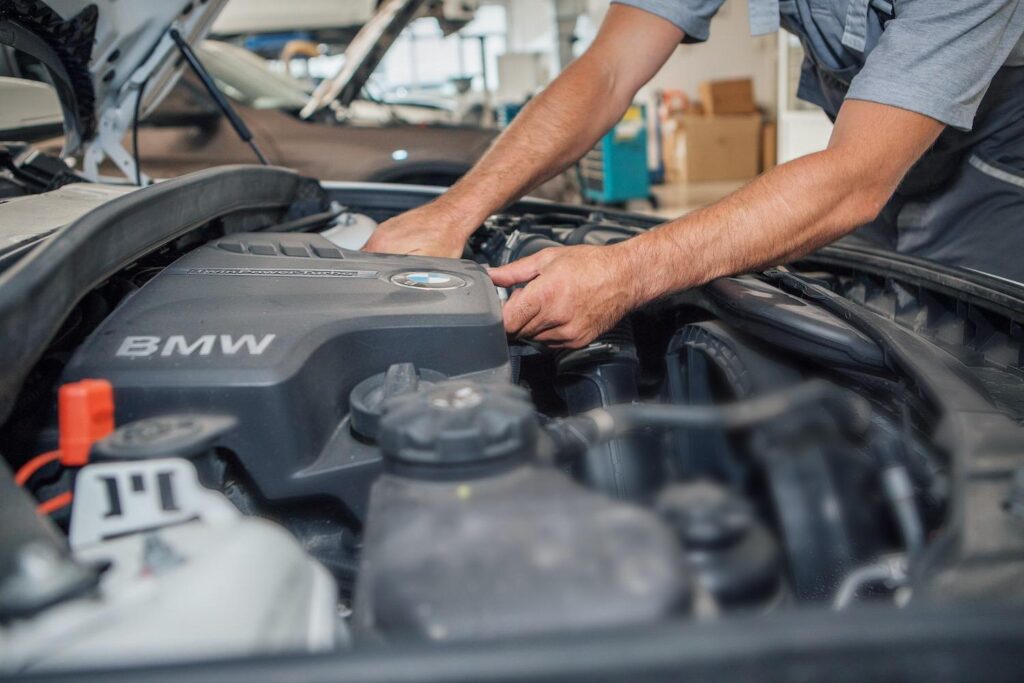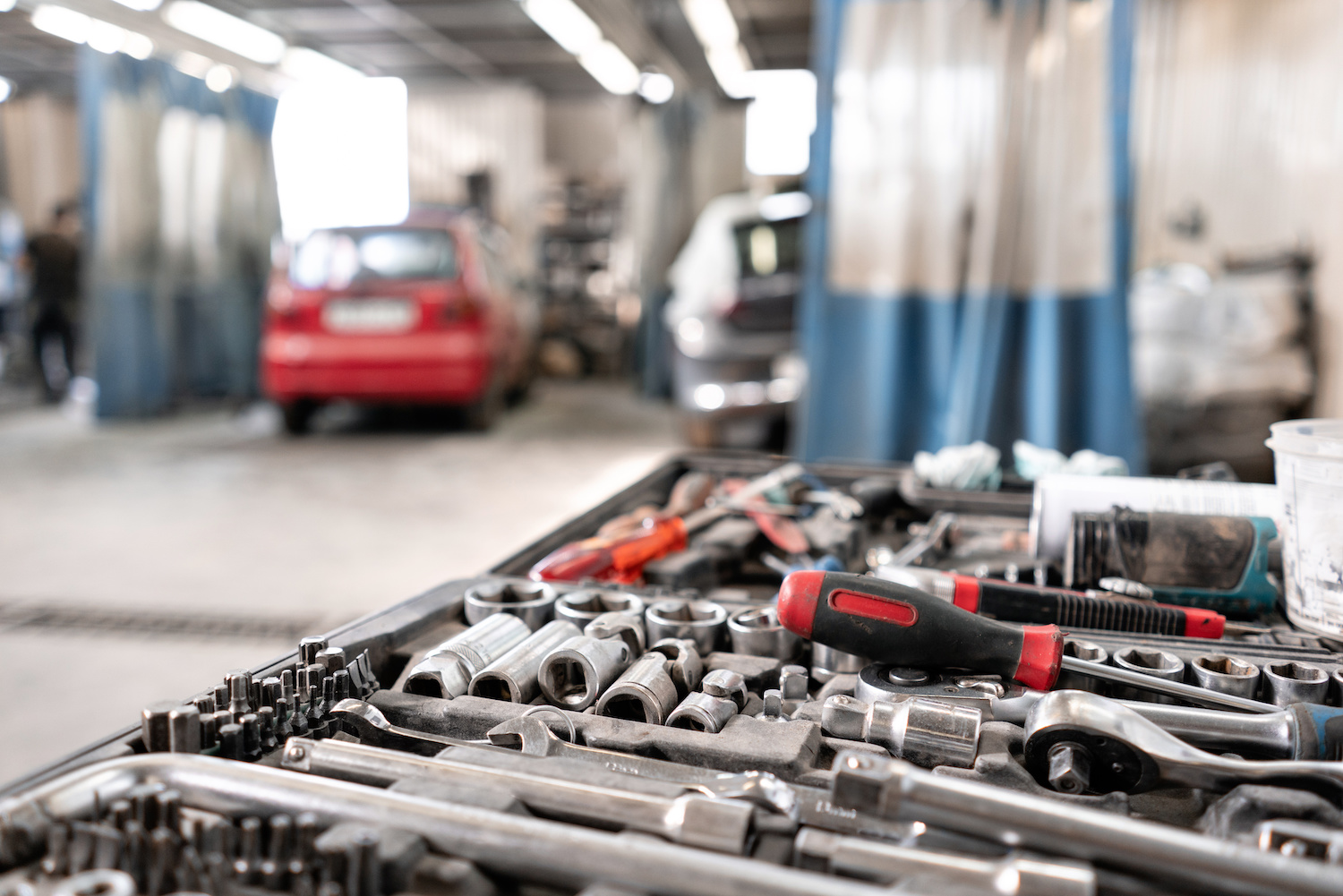Auto Repair Forth Worth TX In this guide, we’ll explore how often you should get your car serviced in covering various factors that can influence the servicing schedule and the importance of regular maintenance:

1. Manufacturer Recommendations:
The best place to start when determining how often to service your car is by consulting the manufacturer’s recommendations outlined in your vehicle’s owner’s manual. Car manufacturers provide specific guidelines for maintenance intervals based on factors such as mileage, time, and driving conditions. These recommendations typically include:
- Regular oil changes: Typically recommended every 5,000 to 7,500 miles or every six months, whichever comes first.
- Tire rotations: Recommended every 6,000 to 8,000 miles to ensure even tire wear and maximize tire lifespan.
- Fluid checks and replacements: Including coolant, brake fluid, transmission fluid, and power steering fluid, with intervals varying depending on the fluid type and vehicle usage.
- Filter replacements: Including engine air filters, cabin air filters, and fuel filters, typically recommended every 12,000 to 15,000 miles or as needed.
- Brake inspections: Recommended at regular intervals to check brake pad and rotor wear and ensure safe braking performance.
- Timing belt replacement: Typically recommended every 60,000 to 100,000 miles, depending on the manufacturer’s specifications.
2. Driving Conditions:
Your driving habits and the conditions in which you operate your vehicle can significantly impact the frequency of servicing. If you frequently drive in severe conditions such as stop-and-go traffic, extreme temperatures, or dusty environments, your car may require more frequent servicing to compensate for the added wear and tear. Similarly, if you frequently tow heavy loads or drive in mountainous terrain, your vehicle’s components may undergo increased stress, necessitating more frequent maintenance.
3. Mileage:
While mileage-based intervals are a common metric for determining service intervals, it’s essential to consider other factors such as time and driving conditions. Even if you don’t reach the recommended mileage interval for servicing, it’s still important to have your car serviced at regular intervals to address time-based maintenance requirements and ensure that critical components are inspected and maintained.
4. Time:
In addition to mileage-based intervals, it’s essential to consider the passage of time when determining your car’s servicing schedule. Even if you don’t drive your car frequently, components such as rubber seals, hoses, and belts can deteriorate over time due to factors such as heat, humidity, and exposure to the elements. Regular servicing helps identify and address aging-related issues before they lead to more significant problems.
5. DIY Inspections:
In addition to scheduled servicing, performing regular DIY inspections can help you identify potential issues early and address them before they escalate. Simple tasks such as checking fluid levels, inspecting tires for wear and damage, and listening for unusual noises can provide valuable insights into your car’s health between professional servicing intervals.
6. Customized Maintenance Plans:
Depending on your vehicle’s age, mileage, and usage patterns, you may benefit from a customized maintenance plan tailored to your specific needs. Some auto manufacturers offer extended service plans or prepaid maintenance packages that cover routine servicing and repairs for a set period or mileage limit. Additionally, some dealerships and independent auto repair shops offer personalized maintenance schedules based on your driving habits and vehicle requirements.
Conclusion:
If you have any questions or concerns about your Auto Repair Forth Worth TX consult with a qualified mechanic or auto technician for personalized guidance and assistance.
Circle S Auto Service
12195 N Saginaw Blvd #120, Fort Worth, TX 76179, United States
1-817-439-8020

